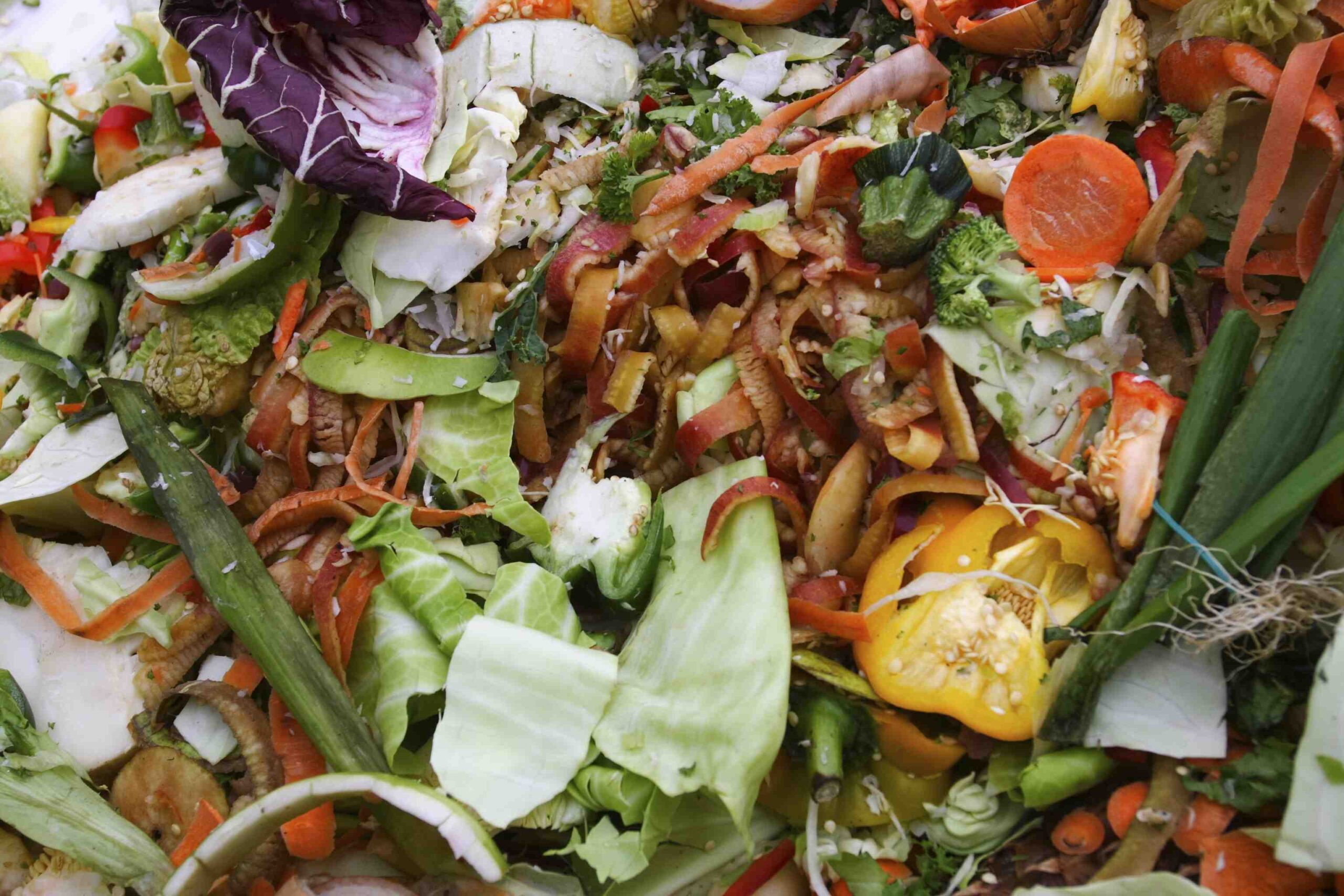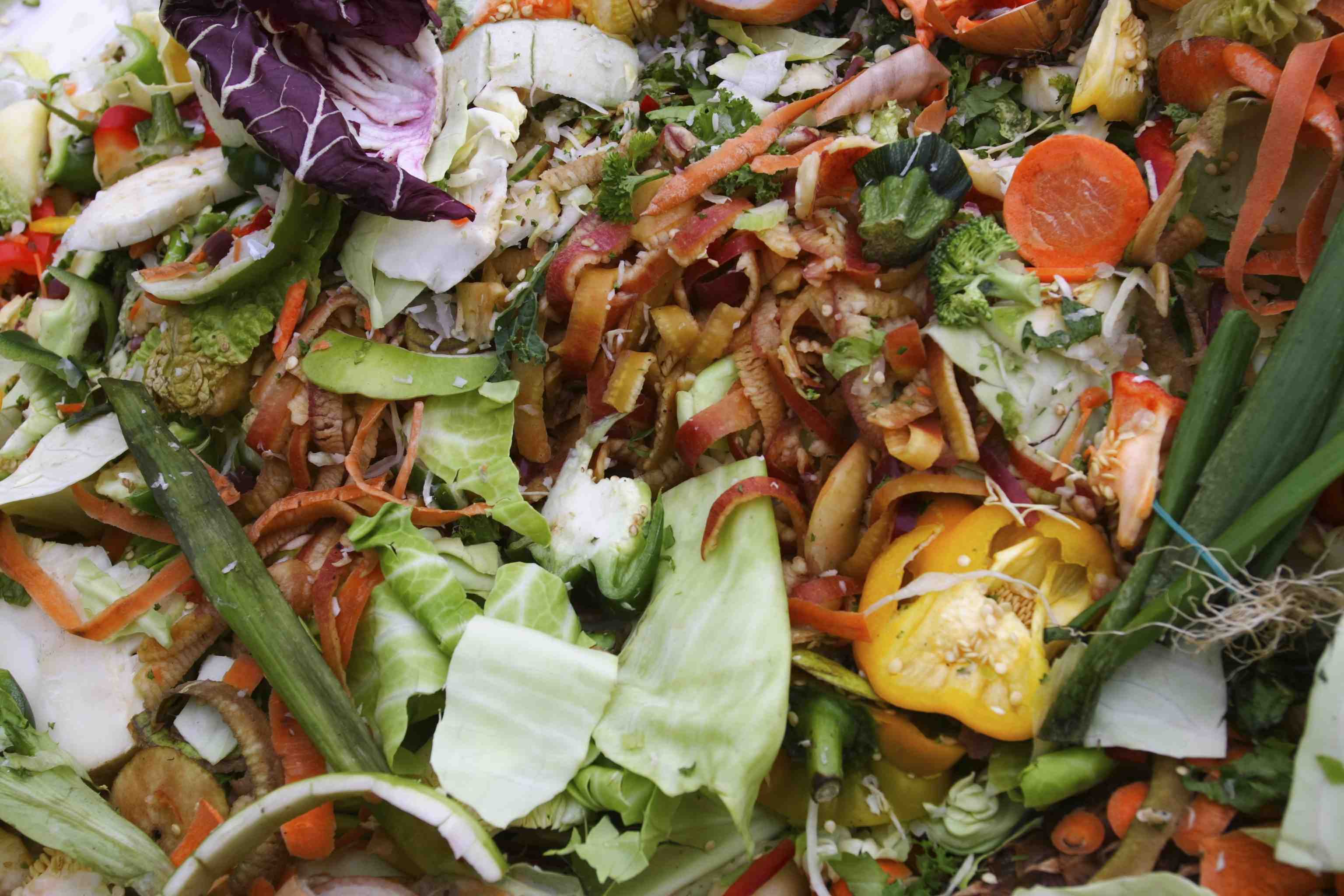Press Release: Circular Economy Package puts Europe firmly on the Zero Waste track but…

Zero Waste Europe (ZWE) welcomes the Circular Economy package published today by the European Commission and acknowledges its good intention to move the EU towards Zero Waste.
As a network of local zero waste groups and more than 300 European municipalities, ZWE is at the forefront of waste management practices in Europe and hence can confirm the feasibility of the new benchmarks set up by the European Commission.
In particular, ZWE commends the;
- new recycling targets of 70% by 2030, which means that in order to reach this target waste separate collection should achieve consistently higher levels
- clarification of what is to be understood with recycling -by excluding discards from the recycling process-
- new recycling target of 80% for packaging waste
- mandatory separate collection of organics by 2025,
- reduction goal for food waste by at least 30% by 2025
- reduction target for marine litter of 30% for 2020
- introduction of criteria related to durability, modularity, reusability and recyclability in the Ecodesign Directive
- intention from the side of the EU to stop funding disposal facilities and channel resources towards separate collection, re-use and recycling infrastructure
However, ZWE warns about the;
- “ban the landfilling of recyclable waste” without a parallel ban of incineration of recyclable waste.
Despite ‘energy recovery’ is placed one step above ‘disposal’ in the Waste Hierarchy included in the WFD, from a Zero Waste perspective priority should be given to the top options: reduce, reuse and recycling. In fact, recycling should be the latest acceptable option. Instead, the Circular Economy package continues to open the door to incineration, which according to EEA doesn’t have a place in a circular economy[i] - repetition of past mistakes regarding moving waste up the hierarchy. Same as the progressive diversion of biowaste from landfill included in some national regulations in the past did not just lead to more recycling but it also boosted incineration, the current proposal of banning landfilling of plastics risks promoting plastic incineration instead of plastic prevention, reuse and recycling
- worrying lack of vision regarding the treatment of plastic packaging, especially in view of marine pollution, which is seen to have the lowest reuse and recycling target of all waste streams
- using a target for both re-use and recycling; recycling is for materials (paper, plastic, etc) whereas preparation for re-use should address products
- lack of guidance and instruments to boost reuse in Europe despite being the biggest potential contributor to job creation
For these reasons ZWE proposes to:
- reconsider the fate of the remaining 30% of waste which is not to be recycled by 2030. Zero Waste practice shows that it is possible to redesign systems in order to ensure further reduction and material recovery of the remaining non-recyclable waste
- pursue a real “closed loop” circular economy by banning both landfilling and incineration by 2030
- introduce a feed-back mechanism between waste and product policy; by screening what is not reusable or recyclable today, we can send a signal to producers to redesign the product so that it stops being waste in the future
- separate targets for preparation for re-use from recycling targets,
- introduce overall prevention and reuse binding targets both for municipal waste but also and very specially for packaging.
The Director of ZWE, Joan Marc Simon said:
“The package presented today shows that the EU continues to be in the right path towards Zero Waste and this should be praised. However the proposal still focuses too much on end of pipe solutions. Our experience with Zero Waste municipalities and districts shows that the big push is needed at the front end to:
– design products that are durable, reusable and recyclable,
– facilitate optimisation of separate collection –including biowaste-
– and create legal and economic conditions for prevention, reuse and recycling to take over what now goes to landfill and incineration.”
Press Contact:
Joan Marc Simon
——————————————————–
About ZWE:
Zero Waste Europe was created to empower communities to rethink their relationship with resources.
In a growing number of regions, local groups of individuals, businesses and city officials are taking significant steps towards eliminating waste in our society. Zero Waste Europe engages at two levels:
- Supporting local groups with independent knowledge and streamlined tools to drive change more efficiently,
- Structuring the movement internationally to better represent the interests of our communities at the EU level and engage policy makers with a unified voice.
In these regards, Zero Waste Europe operates both as a knowledge network and as an advocacy group, representing active communities in EU countries.
ZWE proposes to re-design our society in a way that all superfluous waste is eliminated and everything that is produced can be re-used, repaired, composted or recycled back into the system. Anything that can’t be repaired, composted or recycled should be re-designed and replaced or banned from entering the market.
www.zerowasteeurope.eu
